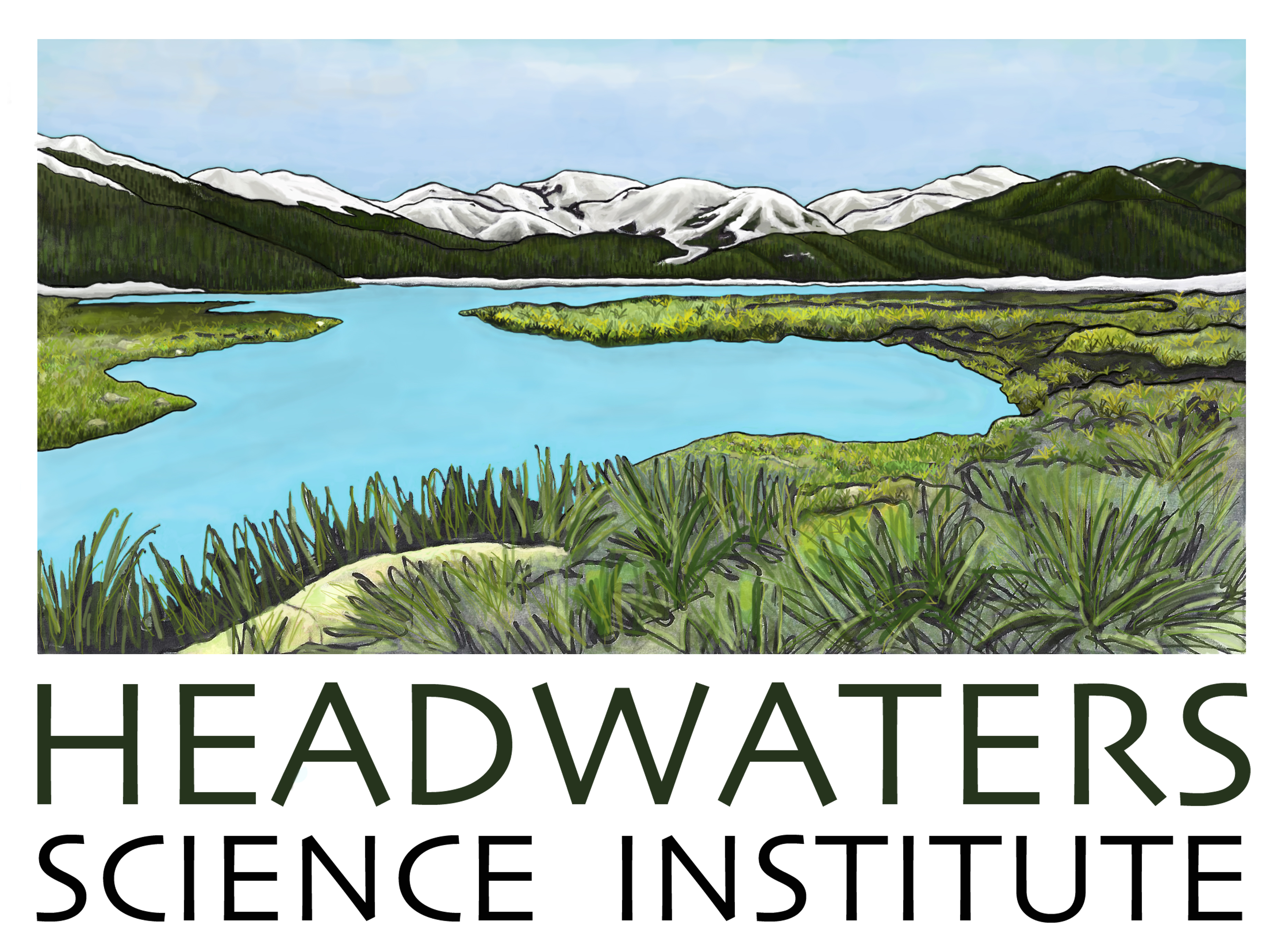The Effects of Invasive Primary Producers on Native Primary Consumers
Author(s): Dylan Kayser1, Christina Lobuglio2
1. Phillips Academy Andover 2. Auburn University Shellfish Lab
336 total view(s), 81 download(s)
Dylan Kayser.pdf(PDF | 428 KB)
- License terms
Description
Find out more about the Headwaters Research Experience here: https://headwatersscienceinstitute.org/science-camp/headwaters-research-experience/
What is the Headwaters Research Experience?
The Headwaters Research Experience (HRE) is a science education program that offers students an opportunity to design and conduct an original research project with the guidance of a professional scientist mentor. The program provides hands-on experience, networking opportunities, and life skills to help prepare students for college and careers in science. It is considered a valuable opportunity for students looking to enhance their science education and professional network.
Cite this work
Researchers should cite this work as follows:
- Kayser, D., Lobuglio, C. (2023). The Effects of Invasive Primary Producers on Native Primary Consumers. Headwaters Science Institute, QUBES Educational Resources. doi:10.25334/D7SX-NQ49
